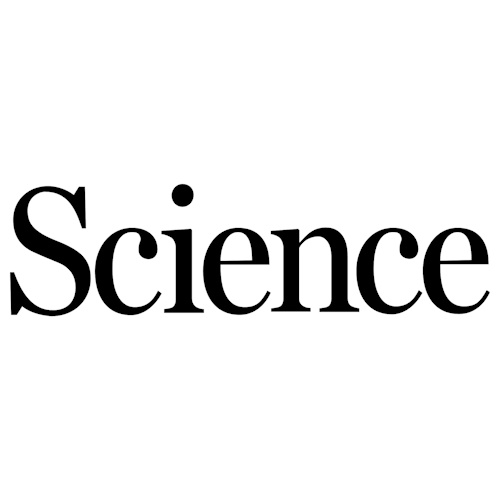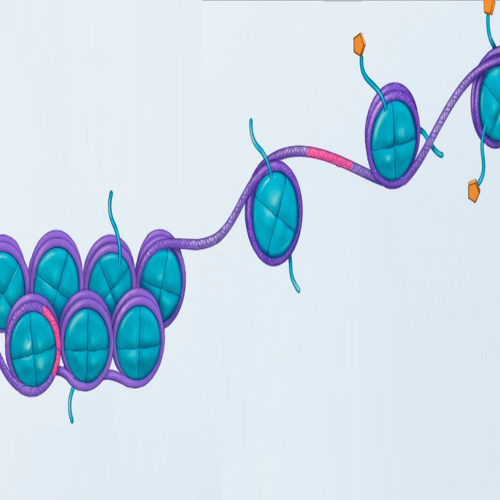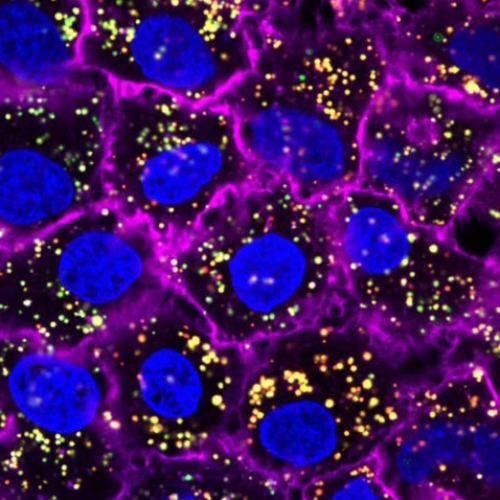Key points from article :
CRISPR snips DNA to alter its sequence - alternatively researchers are excited about tech that leaves a DNA sequence unchanged.
Drugs are unfocused, acting on many genes at once, which means they come with toxic side effects.
Study in mice suggests epigenome editing is a potentially safer, more flexible way to turn genes on or off than editing DNA.
This might be less likely to cause harmful off-target effects and can be reversed.
“Dead” version of CRISPR’s Cas9 protein, capable of homing in on a specific place in the genome but unable to cut DNA.
Sangamo Therapeutics reported that in mice, adeno-associated virus (AAV) can tamp down brain levels of tau, involved in Alzheimer’s disease.
The AAVs being tested by many groups are expensive, and is gradually lost in cells when they divide.
Alternatively, lipid nanoparticles are employed to deliver mRNA for COVID-19 vaccines, silencing PCSK9 to influences cholesterol levels.
Tune Therapeutics and Chroma Medicine are hoping to commercialise epigenome editors.








